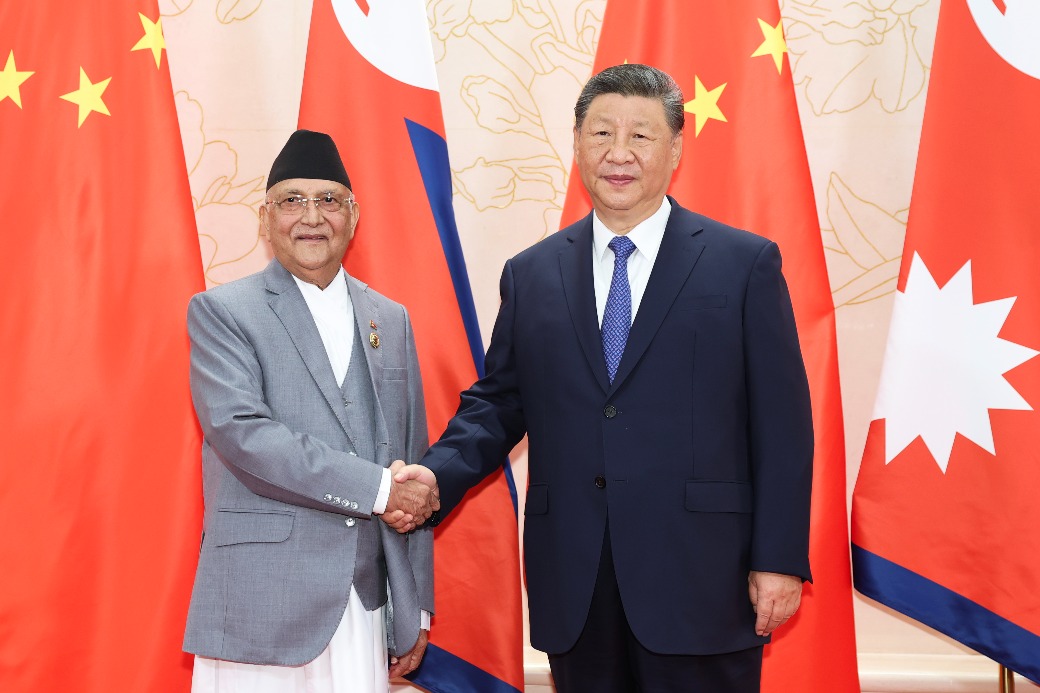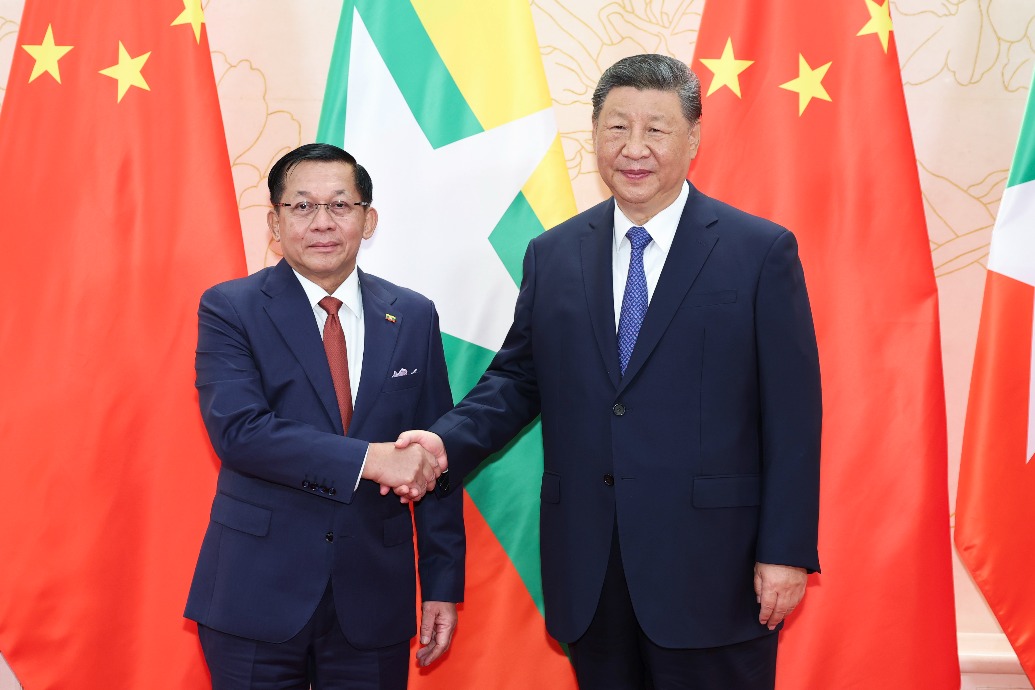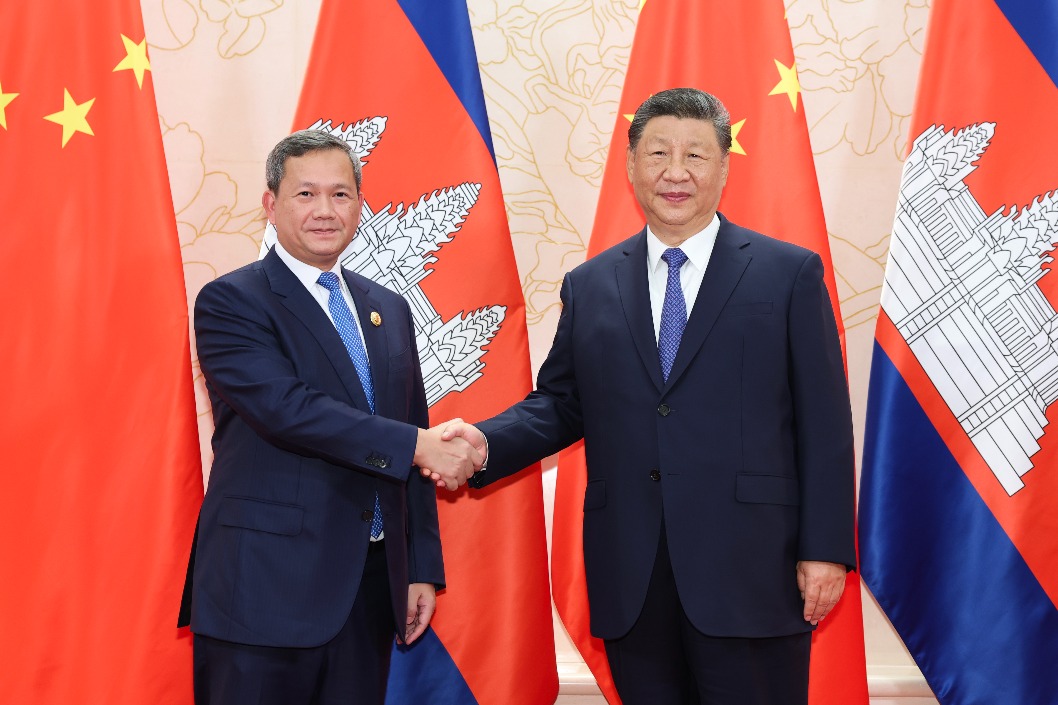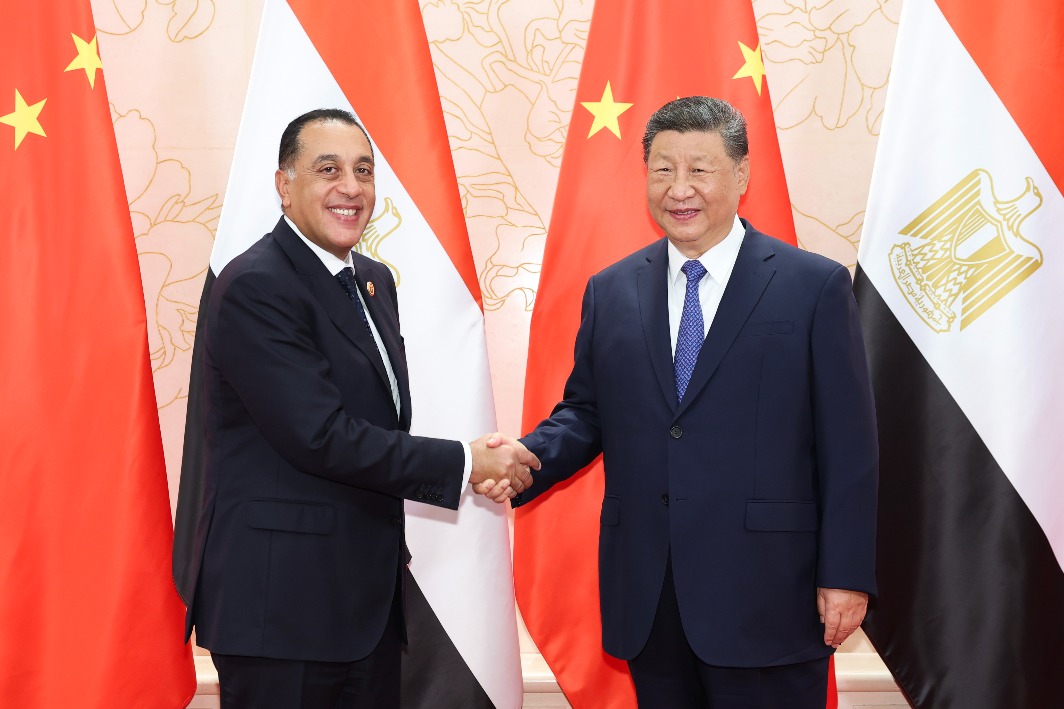India's border provocations continue: China Daily editorial
chinadaily.com.cn | Updated: 2022-08-29 20:01
India and the United States have announced that they will stage a large military exercise lasting more than two weeks near the China-India border in October. Given that the special forces of the two countries just concluded a three-week joint military exercise over the weekend, also close to the border, the high frequency as well as the timing of the war games in the highly sensitive area cannot but prompt China to raise its eyebrows.
Although thanks to diplomatic efforts and high-level military talks, disengagement has already been carried out in several areas, Chinese and Indian troops are still locked in a standoff in some of the disputed border areas that began in May 2020. Rather than treasuring the progress that has been made so far so as to create more favorable conditions to end the face-off in the remaining points of friction along the border, India risks jeopardizing it.
By inviting external forces to conduct joint military drills in Auli, which is less than 100 kilometers from a disputed part of the Sino-Indian border, India is unwisely complicating the volatile situation, and unnecessarily making it more difficult to restore peace and tranquility along the border.
A spokesman for China's Ministry of National Defense expressed firm opposition to "any third party meddling in the China-India border issue in any form" when commenting on the India-US joint military drills, as they are in gross violation of the relevant agreements signed by China and India in 1993 and 1996, according to which neither side is allowed to conduct a military exercise targeted against the other in areas near the Line of Actual Control.
Such activities are provocative, and run counter to the common understanding reached by the two countries' top leaders that China and India should see each other as cooperation partners and development opportunities rather than threats.
The joint military drills, along with other dubious moves by India such as joining the Quad, a strategic security mechanism that groups India with the US, Japan and Australia, which was revamped in 2017 to target China, obviously do not serve that purpose.
Indian External Affairs Minister Subrahmanyam Jaishankar was right when he said recently that an "Asian Century" cannot happen if India and China don't join hands, stressing that the two neighboring countries have "far more common interests than differences". Yet for that to happen, India must meet China halfway so the two countries can seek a mutually acceptable solution to the long-standing border issue through dialogue.
























